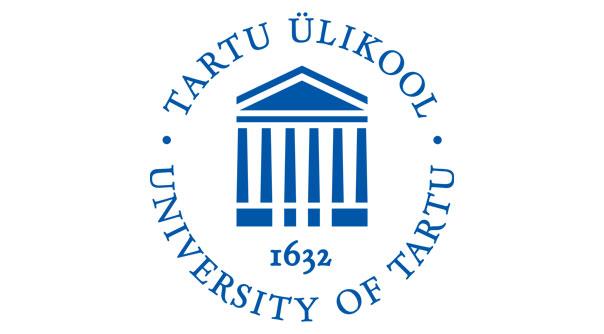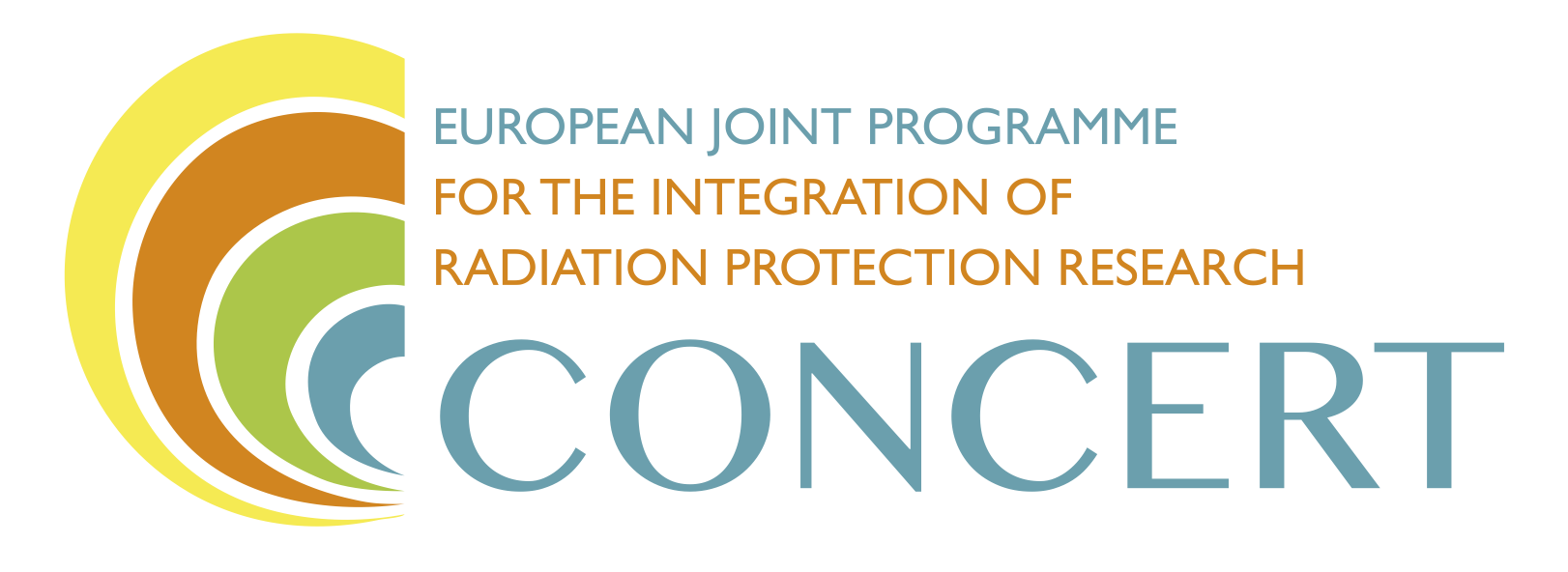UT
University of Tartu, Estonia

Organisation
The University of Tartu (UT) is the leading institution of higher education and research in Estonia, founded in 1632 by King Gustav II Adolf of Sweden. Renowned scientists Wilhelm Ostwald (founder of physical chemistry), Karl Ernst von Baer (founder of embryology), and many others studied and taught here. With 17,400 students and 1,700 academic staff members organised into 9 faculties and 5 colleges, UT has annually been awarded about 50% of state research grant funding and accounts for more than a half of Estonia’s annual research output (3000 scientific publications, 100 doctoral defences). The Institute of Physics (IPh) is part of the Faculty of Science and Technology. For more than two decades, the IPh Laboratory of Environmental Physics has been developing detection methods and studying radioactivity in the Estonian environment as well as technogenic enrichment processes of natural radioactivity. IPh participated in FP5 as a European Regional Centre of Excellence with significant research conducted in environmental radioactivity, in close collaboration with the national Estonian Radiation Protection Department, international safety authorities, and IAEA. Recent work has focused on radiation safety issues in water treatment plants and in oil-shale power plants.
Role in the project
UT brings to the CONCERT consortium the unique viewpoint of a New Member State examining the revised EURATOM Basic Safety Standards (BSS) Directive. This experience provides project partners step-by-step feedback about educational and research issues in small, New Member States. In light of Estonia’s nuclear legacy sites, human resources requirements at the Estonian Radiation Protection Department, and consideration to supplement energy production with nuclear power, there is a critical need for comprehensive expertise in the full spectrum of nuclear specialties. UT has experience in European coordination of Education & Training (E&T) initiatives, including the GENTLE project (Graduate and Executive Nuclear Training and Lifelong Education, where UT leads the “Dissemination and Integration” effort, which includes communication with other European projects.
